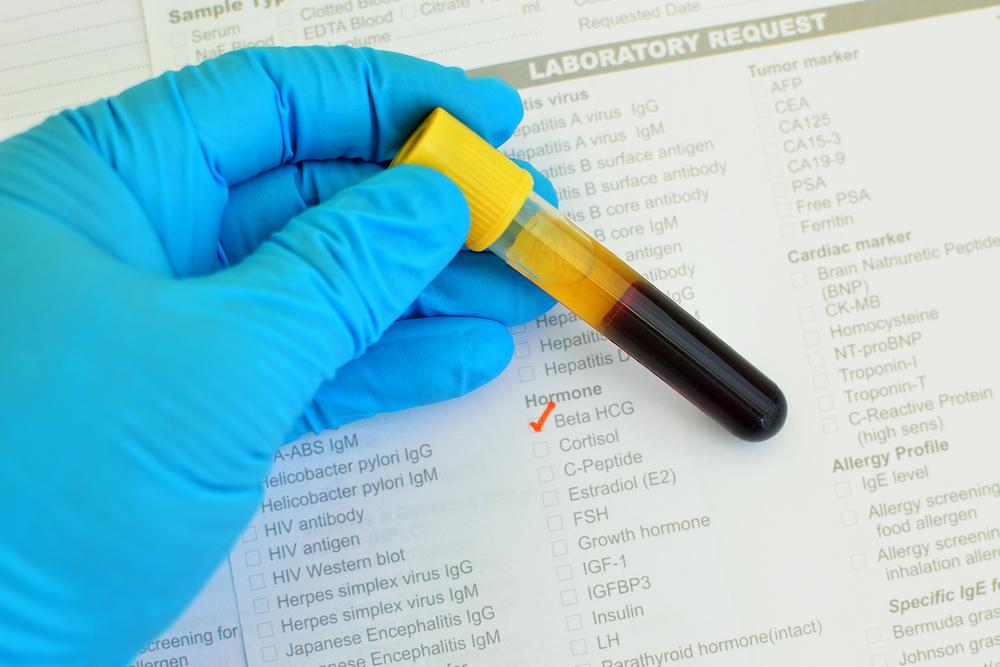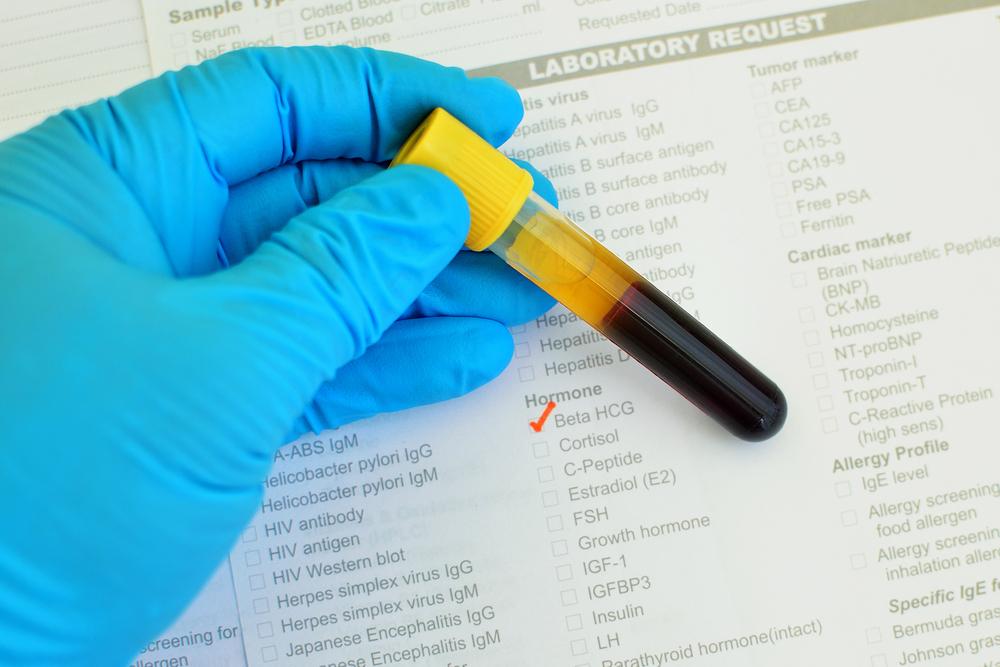Advances in Cancer Immunotherapy: Exploring Types and Benefits for Modern Oncology
Cancer immunotherapy is a revolutionary treatment approach harnessing the body's immune system to fight cancer. This comprehensive guide explores the main types of immunotherapy, including non-specific agents, CAR T-cell therapy, vaccines, monoclonal antibodies, and oncolytic viruses, highlighting their benefits and applications. As research advances, immunotherapy continues to offer new hope for patients with various cancers, improving outcomes and reducing side effects compared to traditional treatments. Understand the latest innovations transforming cancer care today.

Comprehensive Overview of Modern Cancer Immunotherapy Techniques
Cancer immunotherapy, often referred to as biologic therapy, represents a groundbreaking approach in the fight against various cancers. Unlike traditional treatments such as chemotherapy and radiation, immunotherapy aims to empower and enhance the immune system’s natural ability to detect and eradicate tumor cells. This innovative treatment modality not only offers potential for more targeted therapy but also tends to have different side effect profiles, enabling better management of patients with advanced or resistant cancers.
The fundamental principle behind immunotherapy is to stimulate or restore the immune system's capacity to fight cancer effectively. Researchers have devised multiple strategies to achieve this, leading to a diverse portfolio of immunotherapeutic approaches. These methods have shown promising results, especially in cancers like melanoma, non-small cell lung carcinoma, renal cell carcinoma, and others, revolutionizing cancer treatment landscapes globally.
In this detailed discussion, we will explore the various methods of cancer immunotherapy, their mechanisms, benefits, and the specific contexts in which they are most effective. As the field rapidly evolves, understanding these techniques is essential for clinicians, researchers, and patients seeking new hope in oncology treatments.
The main categories of cancer immunotherapy include:
Non-specific Immunotherapies: These agents broadly stimulate immune activity, helping the body's defenses to mount a generalized attack against cancer cells. Interleukins and interferons are prime examples. Interleukins are cytokines that promote immune cell growth and activity, while interferons have antiviral and antiproliferative properties, boosting immune responses. Such therapies are especially effective in cancers like melanoma and certain kidney cancers, often used alongside other treatments to enhance overall efficacy.
T-cell Therapy and CAR T-cell Approaches: T-cells are critical soldiers of the immune system, capable of directly attacking tumor cells. In CAR T-cell therapy, these immune cells are extracted from the patient, genetically engineered to express chimeric antigen receptors (CARs) that recognize specific tumor antigens, and then re-infused into the patient. This highly personalized approach enables precise targeting of cancer cells, leading to impressive remission rates in certain blood cancers such as leukemia and lymphoma. Researchers are also expanding CAR T-cell therapies to solid tumors, a promising yet challenging frontier in immunotherapy.
Cancer Vaccines: Stimulating the Body’s Defense: Cancer vaccines aim to train the immune system to recognize and attack specific tumor antigens. These can be preventive vaccines, like HPV vaccines preventing cervical cancer, or therapeutic vaccines designed to treat existing cancers by exposing immune cells to tumor-specific antigens. Examples include the Bacillus Calmette-Guérin (BCG) vaccine for bladder cancer and various experimental vaccines under clinical trials. The goal is to induce a durable immune response capable of controlling or eradicating cancer growth.
Monoclonal Antibodies: Targeted Immunotherapy: Monoclonal antibodies are lab-produced molecules engineered to attach to specific proteins on cancer cells or immune checkpoints. Drugs such as Pembrolizumab and Avelumab block immune checkpoints like PD-1/PD-L1 pathways, which tumors exploit to evade immune attack. By inhibiting these pathways, monoclonal antibodies restore immune activity, enabling the immune system to recognize and destroy tumor cells more effectively. Additionally, these antibodies can deliver cytotoxic agents directly to cancer cells or flag them for immune cells.
Oncolytic Virus Therapy: Using Viruses to Fight Cancer: Oncolytic viruses are genetically modified or naturally occurring viruses tailored to infect and kill cancer cells while sparing normal tissues. T-VEC (Talimogene laherparepvec) is one such oncolytic virus approved for melanoma treatment. Once injected into tumors, these viruses replicate within cancer cells, causing cell lysis and releasing tumor antigens that stimulate an immune response. This approach combines direct oncolysis with immune activation, offering a novel therapeutic option especially for accessible tumors.
Overall, cancer immunotherapy continues to grow and diversify, with ongoing research uncovering new agents, combinations, and strategies. As our understanding deepens, these therapies are becoming more personalized and effective, offering renewed hope for patients with previously untreatable cancers. The integration of immunotherapy into standard oncology protocols underscores a shift towards more targeted, immune-based treatments, marking a new era in cancer management.





